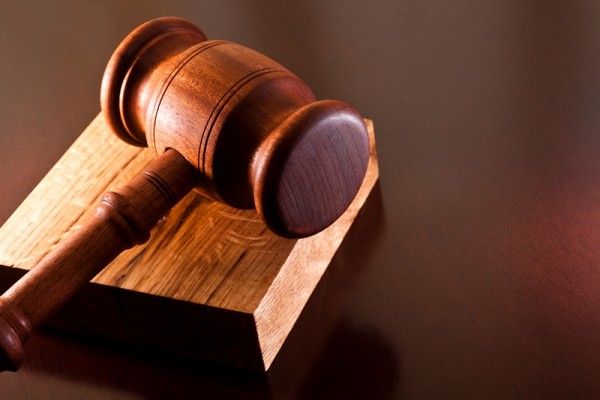On Sunday, June 30, 2013, Bay Area Rapid Transit (BART) workers went on strike for the first time in the past sixteen years to protest contract negotiations between BART and two unions, including Amalgamated Transit Union Local 1555 and Service Employees International Union Local 1021. Meanwhile, commuters struggle to find a way to work in San Francisco. The strike continues on Tuesday, July 2, as workers picket.
The unions requested an increase of 5% in raises annually for three years while BART has argued for 2% in raises every year for a period of four years. On Sunday, literally a few hours before the contract of four years was going to expire, the leaders of the unions walked away from talks with BART.
BART is a 104-mile system that operates in four different counties in 44 stations. 400,000 commuters use BART, including 40% of commuters to the Bay Area. BART is the fifth-biggest rail transit system in the United States. With work commuters entering and leaving the city each day, the population of San Francisco fluctuates by 21%.
Workers who usually take BART are scrambling to find other options. Some workers woke up early on Monday morning to drive to bus stops and pay extra for bus tickets. Wayne Phillips drove his car from Concord in the East Bay to Oakland to make it to his technology job. He gave up on waiting for a ferry and ended up sailing himself to South Beach Harbor in his own Bayliner. From the harbor, he took the trolley system.
Other commuters are starting informal carpools. Drivers wishing to take the carpool lane to cross the busy Bay Bridge wait at designated areas in the East Bay during both the morning and the afternoon and offer rides to people they have never met before. Such a drive still takes over an hour.
Every day that workers do not make it to their jobs in San Francisco, the city loses money from the decline in productivity and in consumer spending. The Bay Area Council estimates the daily loss at $73 million, not including the loss in consumer activity.
Rick Rice, spokesman for BART, said, “We are sorry people’s lives have been disrupted by the union strike. This strike is not necessary, and we call on union leaders to end it and join us at the table so the Bay Area can get moving again.” 2,000 to 4,000 commuters have been able to get a ride on 58 charter buses that BART has provided for free.
Evan Westrup, spokesman for Governor Jerry Brown said, “BART and its labor unions owe the public a swift resolution of their differences. All parties should be at the table doing their best to find common ground.” On Tuesday morning, there are no signs showing that the strike will end today.
Congested traffic in busy cities leads to a higher number of traffic collisions. If you are hit by another driver on your commute to or from work, or if you are injured due to someone else’s negligence, contact AA Accident Attorneys. One of our experienced car accident lawyers will help you get the compensation you deserve for your injury, your medical bills and time you may have to spend away from work while you heal. We will give you an evaluation of your case free of charge and we will not charge you for your case until it is won.

lawyers are experienced in handling car accident cases and will ensure you get your accident injury claim handeld by an experienced injury lawyer.We can provide you with auto accident attorneys in many cities across the United States of America such as Riverside, Orange County, Los Angeles, San Fernando Valley, Pomona, Ontario, Newport Beach, and San Jose. See our locations section for all cited represented: AA-Accident Attorneys Injury Lawyer Locations. A California Car Accident Lawyer that will fight for you!



